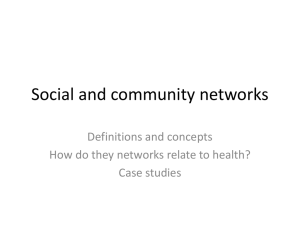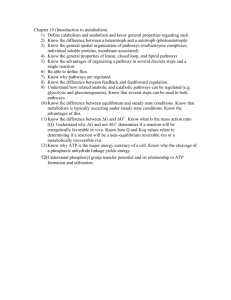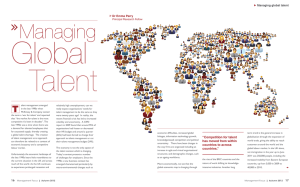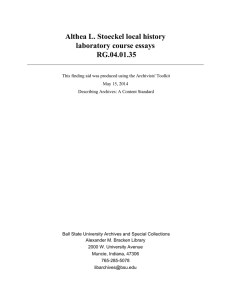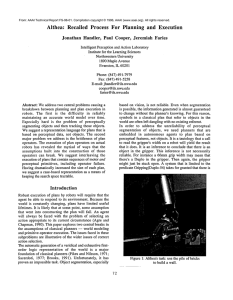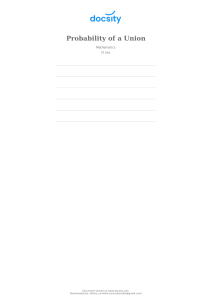Word
advertisement
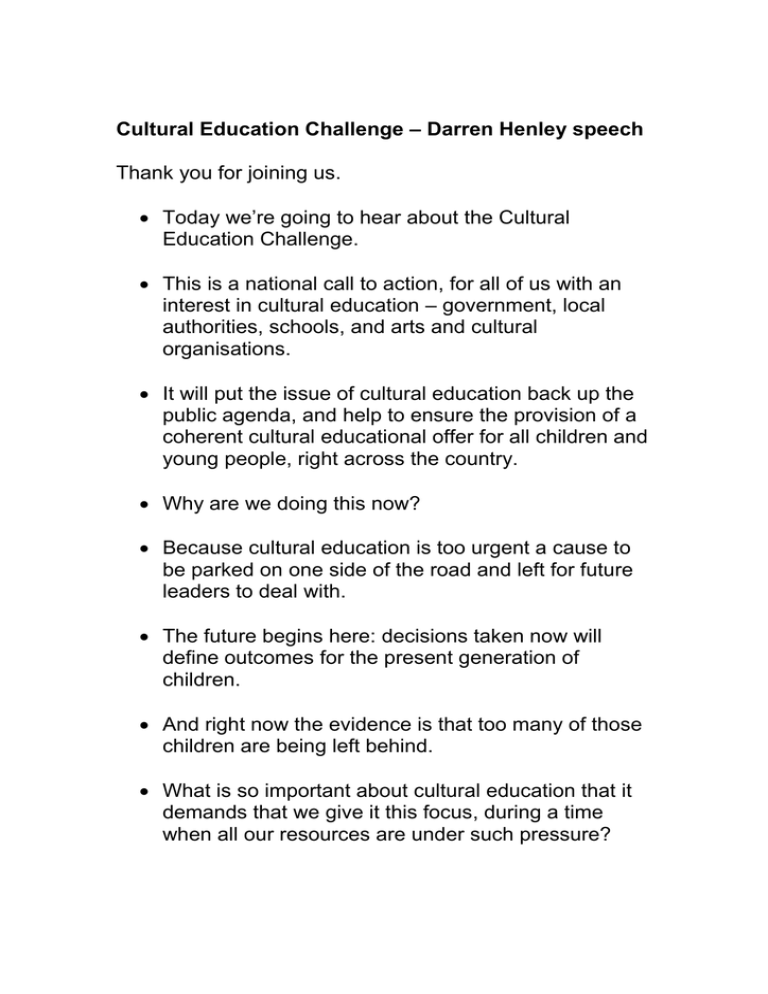
Cultural Education Challenge – Darren Henley speech Thank you for joining us. Today we’re going to hear about the Cultural Education Challenge. This is a national call to action, for all of us with an interest in cultural education – government, local authorities, schools, and arts and cultural organisations. It will put the issue of cultural education back up the public agenda, and help to ensure the provision of a coherent cultural educational offer for all children and young people, right across the country. Why are we doing this now? Because cultural education is too urgent a cause to be parked on one side of the road and left for future leaders to deal with. The future begins here: decisions taken now will define outcomes for the present generation of children. And right now the evidence is that too many of those children are being left behind. What is so important about cultural education that it demands that we give it this focus, during a time when all our resources are under such pressure? Cultural education is integral to the happiness of our children and their families; to the strength of our communities and to the economic progress and international standing of our country. It turns STEM into STEAM: it fires the curriculum and creates individuals who are more inquisitive, persistent, imaginative, disciplined and collaborative. We believe that every child should be able to create, to compose, and to perform in their own musical or artistic work. They should all be able to visit, to experience and to participate in extraordinary work. And to be able to know more, to understand more, and to review the experiences they've had. Cultural education matters, in and out of the classroom. In school, and with the family. And it needs to be of a high quality - and available to those who currently have the least opportunity to enjoy it. I understand the importance of cultural education: I’ve authored two major government reports on the subject that have helped shape provision - and I’ve written extensively arguing for its prominence. Earlier this year, in my first major speech, I talked about my vision for a 25-year talent plan. Cultural education is intrinsic to that. We know that there is a wide range of cultural education on offer across the country. Within the education system, but also through valuable partnerships that bring together schools, nationally funded organisations, enlightened local authority support, charities and the voluntary sector. In some places, this is excellent: but in others provision remains patchy. And while I can reiterate that we need a strong and visible national commitment to cultural education, the counterpoint is that we must have co-ordination and leadership at a local level. It is through local leadership and co-operation that we can identify and address local needs and the key challenges of equity, inclusion and quality. We know that there is startling evidence that those from the most educationally deprived backgrounds are least likely to engage with cultural activities, perpetuating the cycle of exclusion. There is a need for clearer pathways for children to gain the maximum benefit from a cultural education. Or talented individuals will fail to achieve their potential. We are a creative nation, a nation of ideas that champions originality – that’s a historic advantage we enjoy. And while the moral argument for the way that a cultural education enriches children and young people is widely understood, we must also consider the situation with the eye of a business leader, looking at how we are using our greatest national asset – our talent. And as it stands, no business in its right mind would make such incomplete use of its main asset. The Cultural Education Challenge is about changing this in meaningful, lasting ways. By bringing all our resources to bear. And working together, clearing pathways to education and progression for children and young people, wherever they are. In a moment, we’ll hear from my colleague, Althea Efunshile, deputy chief executive of the Arts Council. Althea is our Executive Board member with responsibility for all of our work with children and young people. She’ll share more detail about the Challenge, and how it can change the way we all work together. But first, I’m very pleased that we’re going to hear from the Minister of State for School Improvement, Nick Gibb. And the Minister of State for Culture and the Digital Economy, Ed Vaizey. I’m grateful to both of them for joining us here at our launch today. Thank you.
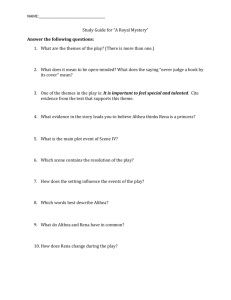
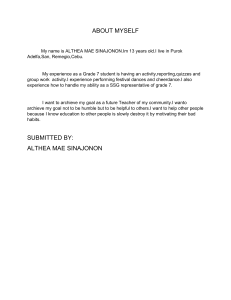
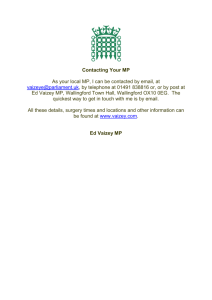
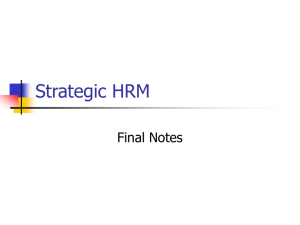
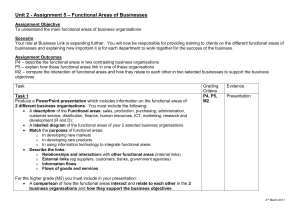
![3rd Grade Reading List[1]](http://s3.studylib.net/store/data/009291666_1-81ba00e824b114b139e498afac1e8e13-300x300.png)
